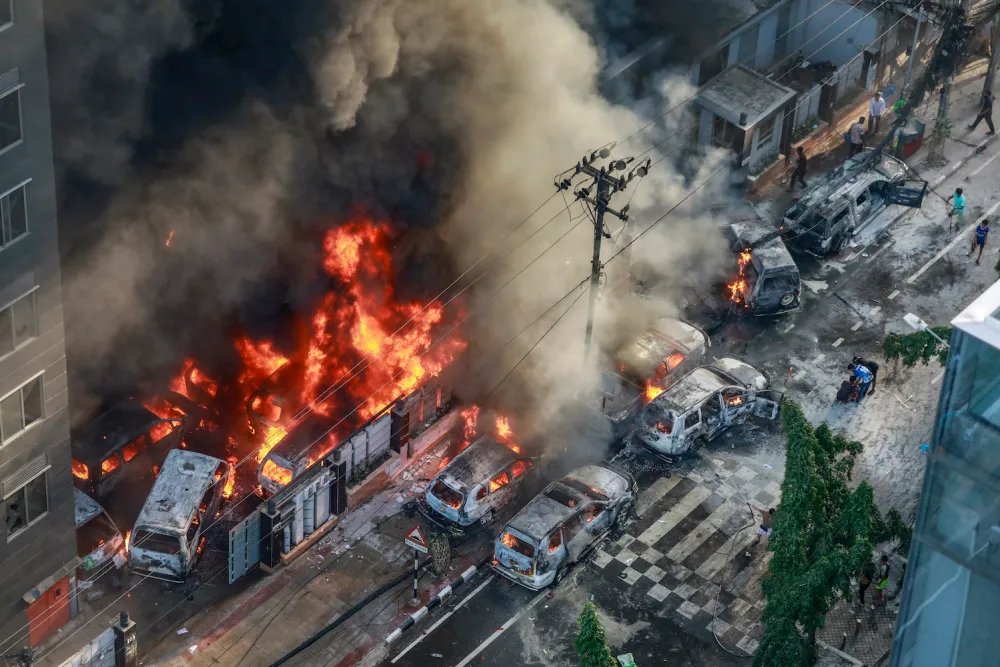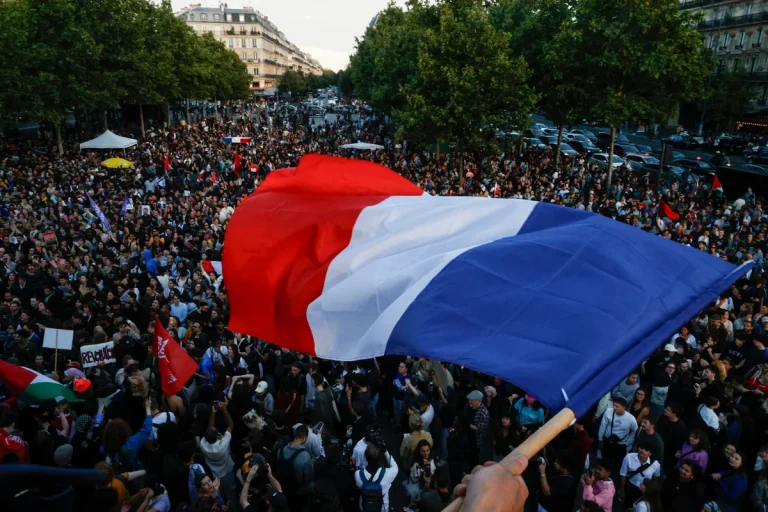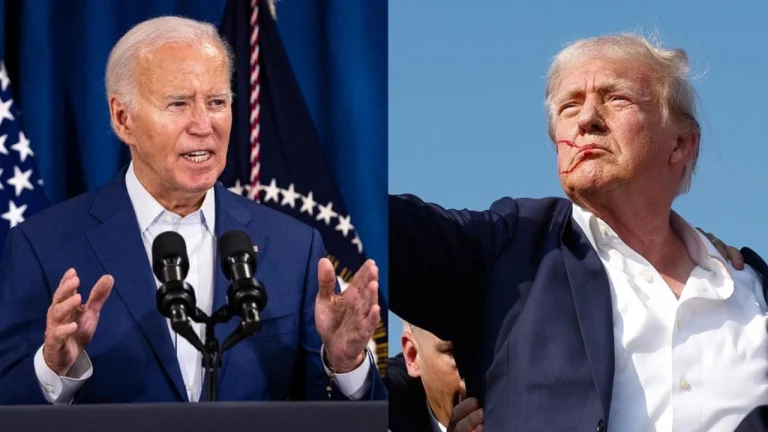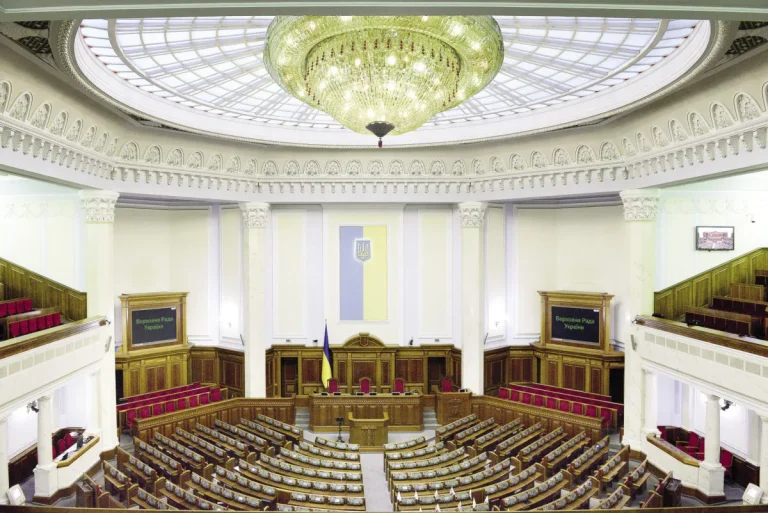Bangladesh is currently experiencing some of its most intense unrest in years, with tens of thousands of people joining university student-led demonstrations against a decades-old employment quota system for government positions.
The protests began on July 1 and have escalated, leading to clashes between protesters, police, and counter-protesters, sometimes with deadly consequences. As of Thursday, up to 25 people had been killed, and hundreds more injured.
The root of the unrest lies in a controversial quota hiring system established in 1972, following Bangladesh’s independence from Pakistan. This system reserves 30 percent of government jobs for descendants of the so-called freedom fighters who fought for independence, with additional positions allocated to other select groups. In total, 56 percent of all positions are reserved for various groups, including ethnic minorities, women, individuals with disabilities, and people from underrepresented districts.
Protesters argue that the quota system is discriminatory and that hiring should be based on merit. Despite significant economic growth since independence, Bangladesh remains one of the world’s least developed countries, according to the United Nations, with a challenging post-pandemic recovery: Real GDP growth slowed to 5.8 percent in fiscal year 2023, down from 7.1 percent the previous year, per the World Bank. Government jobs are highly sought after, seen as more stable and better paid than private sector jobs, with over 400,000 graduates vying for about 3,000 positions each year, according to Bloomberg.
Demonstrators also claim the quota system benefits Prime Minister Sheikh Hasina and her supporters, as Hasina’s party, the Awami League, led the independence movement. Critics believe the quota system is partisan, ensuring party support within the government while reducing the availability of merit-based jobs in a country with high youth unemployment, according to Michael Kugelman in FP’s South Asia Brief newsletter.
In response to previous protests in 2018, Hasina scrapped the system, but a top Bangladeshi court restored it last month, sparking the current unrest. To appease protesters, Bangladesh’s Supreme Court last week suspended the quota system for a month, promising a final decision at the end of that period.
Hasina has defended the system and accused the main opposition parties of inciting the unrest. She deployed paramilitary forces to help police manage the demonstrations in major cities, and vowed to establish an investigatory judicial committee over the deaths, promising justice for students. Law Minister Anisul Huq indicated the government’s readiness to meet with student leaders to find a solution, though the final decision rests with the Supreme Court.
However, demonstrators have threatened a “complete shutdown” of the country’s transportation systems, businesses, and schools if their demands aren’t met. “We want a permanent executive order from the government, saying that the quotas are abolished, except some quotas for the disabled and minorities,” said Parvez Mosharraf, a student at Dhaka University, in an interview with Dawn last week. The opposition Bangladesh Nationalist Party has supported the protesters’ call for a shutdown.





